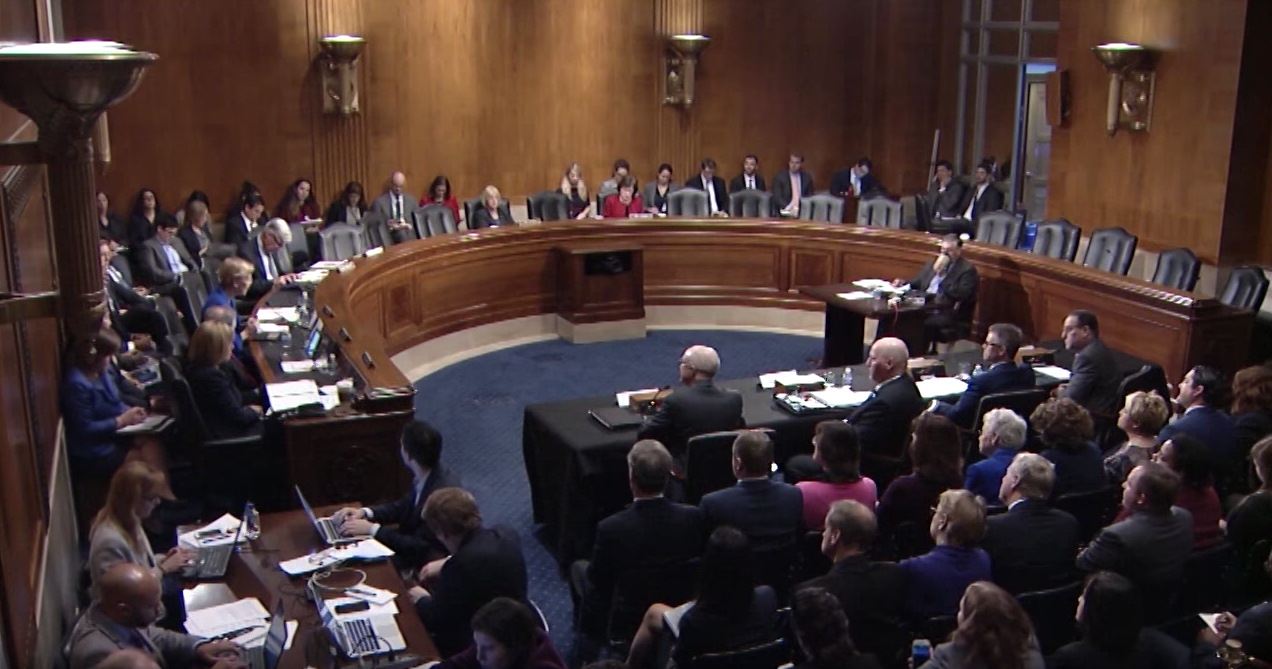
Backing Marcus Harms Students and Survivors—And Citing His Anti-BDS Views Doesn’t Make That Okay
There is indeed anti-Semitism that exists in our country and on college campuses, just as there is Islamophobia, racism, sexism, homophobia, transphobia, and unending bigotry against minority groups. As Dove Kent said in their recent talk for AVODAH and UJA, titled “Ending Anti-Semitism Through Solidarity,” “It’s in the water.” The left is getting so much better at acknowledging anti-Semitism as a part of the interlocking systems of oppression, and fighting it even within their own communities. There is also anti-Semitism that gets wrapped up in anti-Zionism, and conversations about Israel-Palestine. That’s where it gets the messiest, and most complicated. We must address anti-Semitism wherever it is found, even when it is hard to do.
But to say that every criticism of Israel and/or all anti-Zionism is anti-Semitic is a slap in the face of every activist who loves Israel with their entire heart, who lives within its borders, pays its taxes, eats from its fruit trees, drinks its water, but who also believes that a better, safer, more equitable Israel is possible. I have sat around many a Shabbat dinner table where individuals were incredibly critical of President Obama and the United States, some comments even occasionally bordering on racist, and not once were these individuals criticized as being “anti-American.” Why do we refuse to give critics of Israel that same right to express themselves? Who gets to draw the line? As my friend Tamar, a law student in Jerusalem who made Aliyah, has said to me: it’s easy for Americans who live in the diaspora to shut out criticism of Israel and Palestinian grievances because they don’t have to deal with the consequences of not working together for peace.
But beyond the contested question of how to define anti-Semitism, this dichotomy of Zionists v. Survivors set up by the Jewish community is reprehensible. These discussions are too important to be setting up binaries. There are survivors of violence and sexual attacks who are Zionist, and survivors who are anti-Zionist. Every single one of them deserves to pursue an education free from violence, with the protections to their education guaranteed to them through Title IX. To use combatting criticism of Israel as a shield to defend Marcus will end up hurting all survivors of violence and is simply unacceptable. No matter a person’s opinion about BDS, or about Zionism, students have the civil rights that should be inalienable.
Supporting someone like Marcus does a disservice to our American definitions of civil rights, the first amendment, and to survivors of campus assault who rely on these civil rights in order to pursue educations free from violence.
I’m anxious about publishing this piece. I worry that people I know may feel like they can completely shut down my point of view because I am disagreeing with a normative view of the “pro-Israel” community. I ask that instead of shutting me down, reach out to me. Share why you disagree. Let’s talk. But please, don’t deny the civil rights of students who are trying to have these nuanced and hard conversations that older adults also struggle with. And don’t harm those who are just trying to get through their years of college without the intrusions of gender-based violence.
Rebecca Krevat works in advertising, is a former volunteer with Know Your IX, and is currently co-leading Hitoreri: An Orthodox Movement for Social Change. She lives in Crown Heights, Brooklyn, and tweets at @RebeccaKrevat.
The views and opinions expressed in this article are the author’s own and do not necessarily reflect those of Lilith Magazine.




One comment on “Backing Marcus Harms Students and Survivors—And Citing His Anti-BDS Views Doesn’t Make That Okay”
Comments are closed.